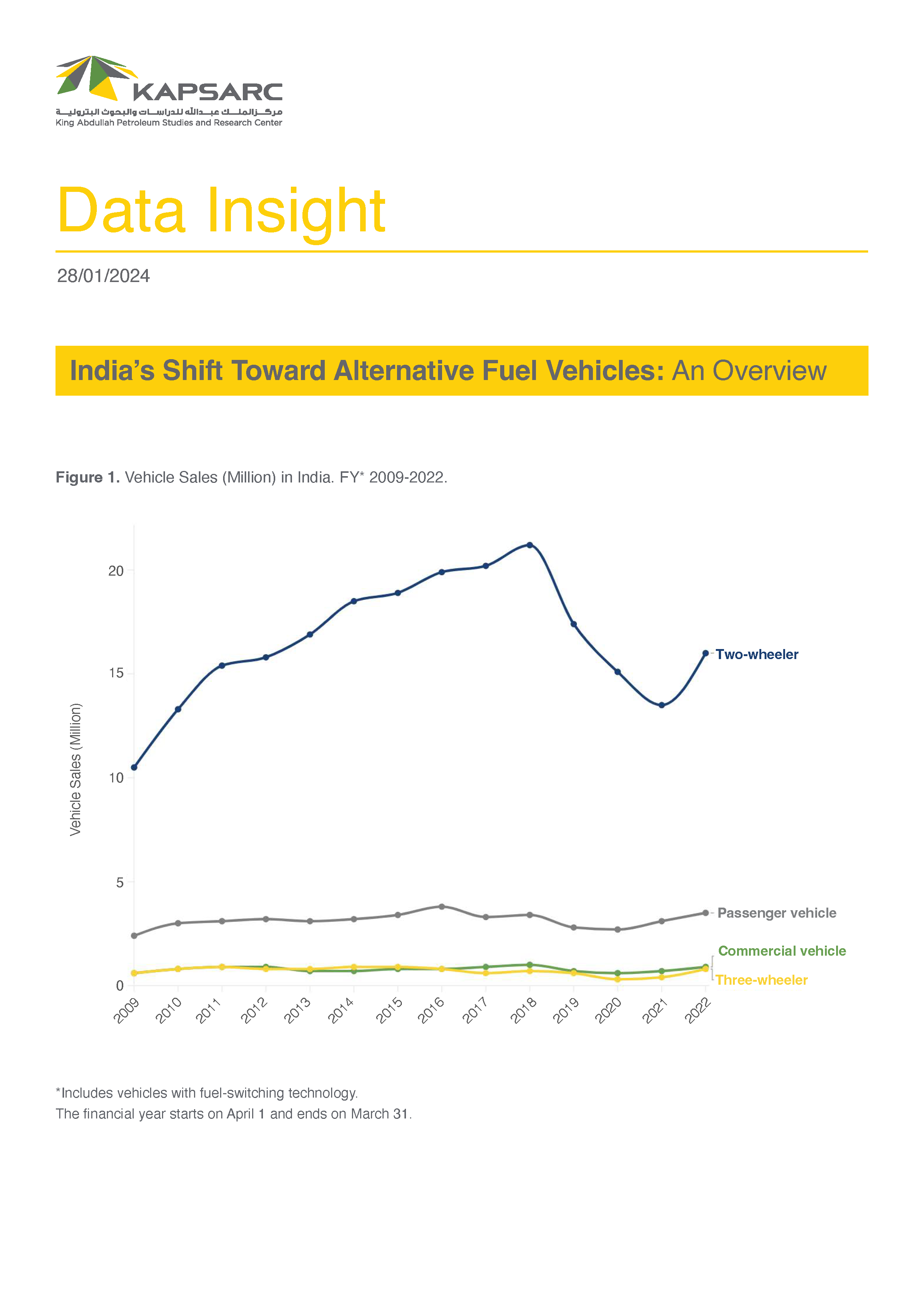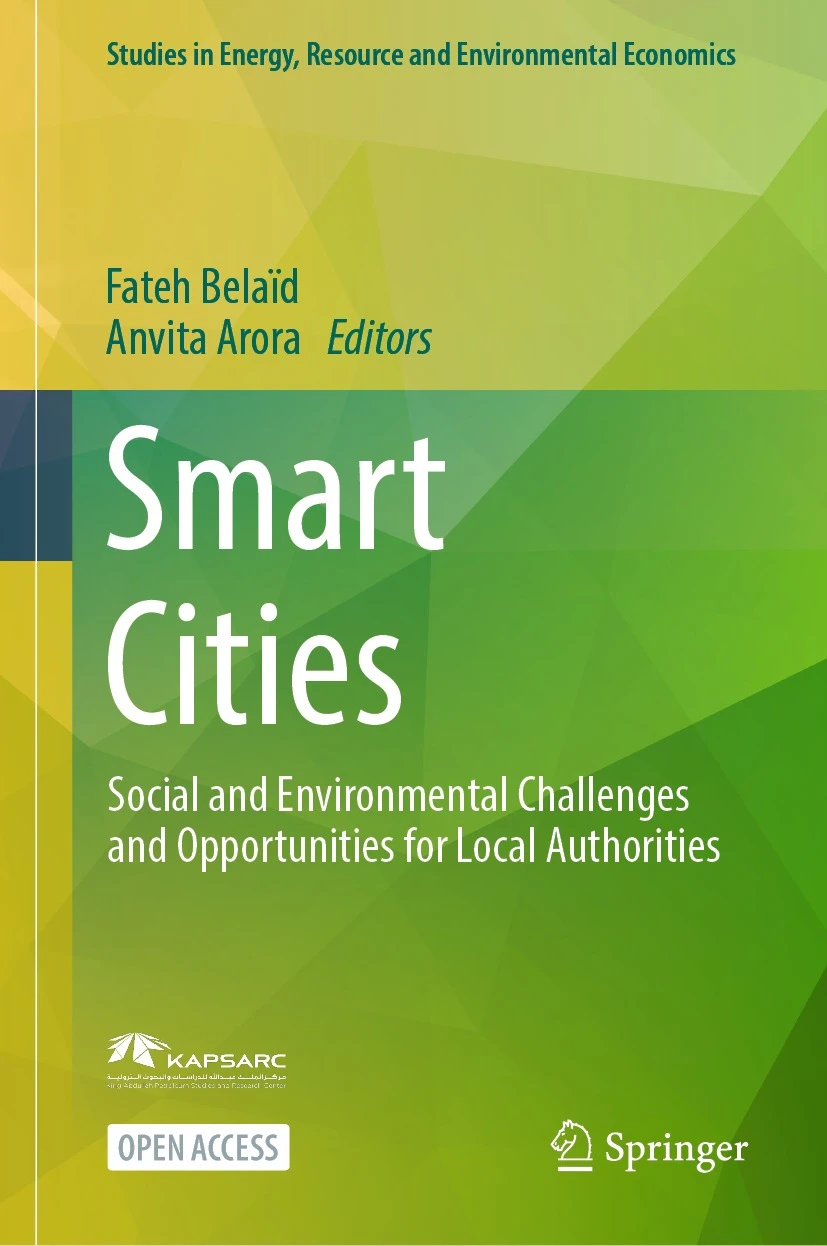India is one of the largest economies in the world and, consequently, holds an important position in global climate politics. According to India’s Ministry of Road Transport and Highways, the country has some 230 million vehicles. This insight sheds light on the contribution of the transportation sector to India’s total value added (VA) and the sector’s rising carbon dioxide (CO2) emissions.

Research Lead
Yagyavalk Bhatt is an energy professional with more than seven years of experience in the transportation and electricity domain. Yagyavalk…
Yagyavalk Bhatt is an energy professional with more than seven years of experience in the transportation and electricity domain. Yagyavalk leads “The Role of Clean Energy Policies: Trends in India’s Transport Sector” project, aimed at estimating India’s transport energy demand and potential impact on crude oil supply chain. His expertise covers energy policy, energy economics, transport modeling, the impact analysis of transport policies, emerging economies energy transition, renewable energy, and cost-benefit analysis of the transport and electricity sector. He has authored and contributed to numerous research papers and studies related to the transportation and electricity sector.
Expertise
- Policy Analysis
- Transport Demand Modeling
- Sustainable Transport
- Clean Energy Transition
- Renewable Energy
- Climate Change
Publications See all Yagyavalk Bhatt’s publications

India’s Shift Toward Alternative Fuel Vehicles: An Overview
India is one of the largest economies in the world and, consequently, holds an important…
30th January 2024
Smart Cities from an Indian Perspective: Evolving Ambitions
India is one of the largest economies in the world and, consequently, holds an important…
15th October 2023